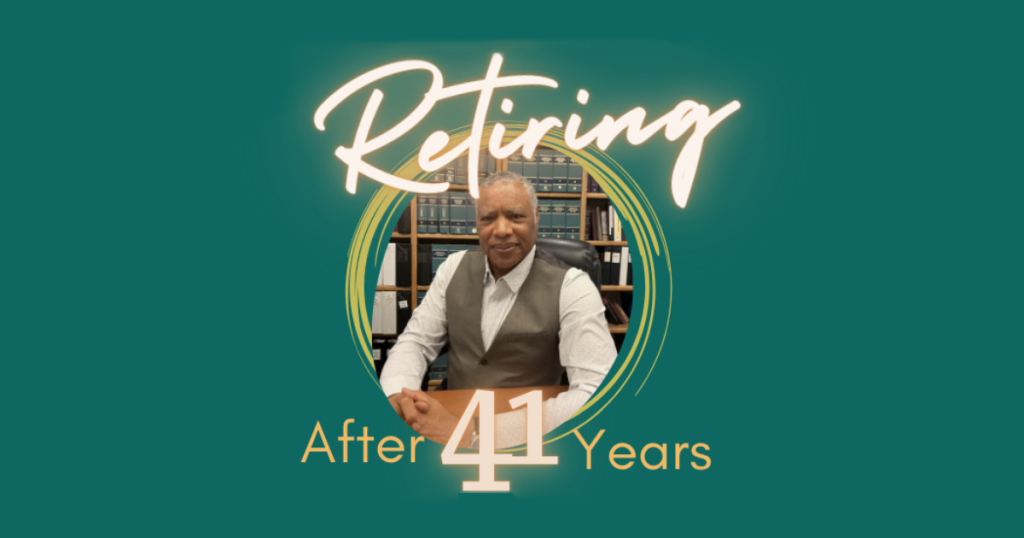Disability Rights Arizona wants people with disabilities and their families to be informed of the various options and alternatives to guardianship. Guardianship is the most restrictive option, and should be considered the last resort when other less restrictive options will not work. This page explains alternatives to guardianship that allow people with disabilities to live more self-determined lives.
Accessibility, Supported Decision Making & Guardianship
- 7 months ago
- Handouts
- English

